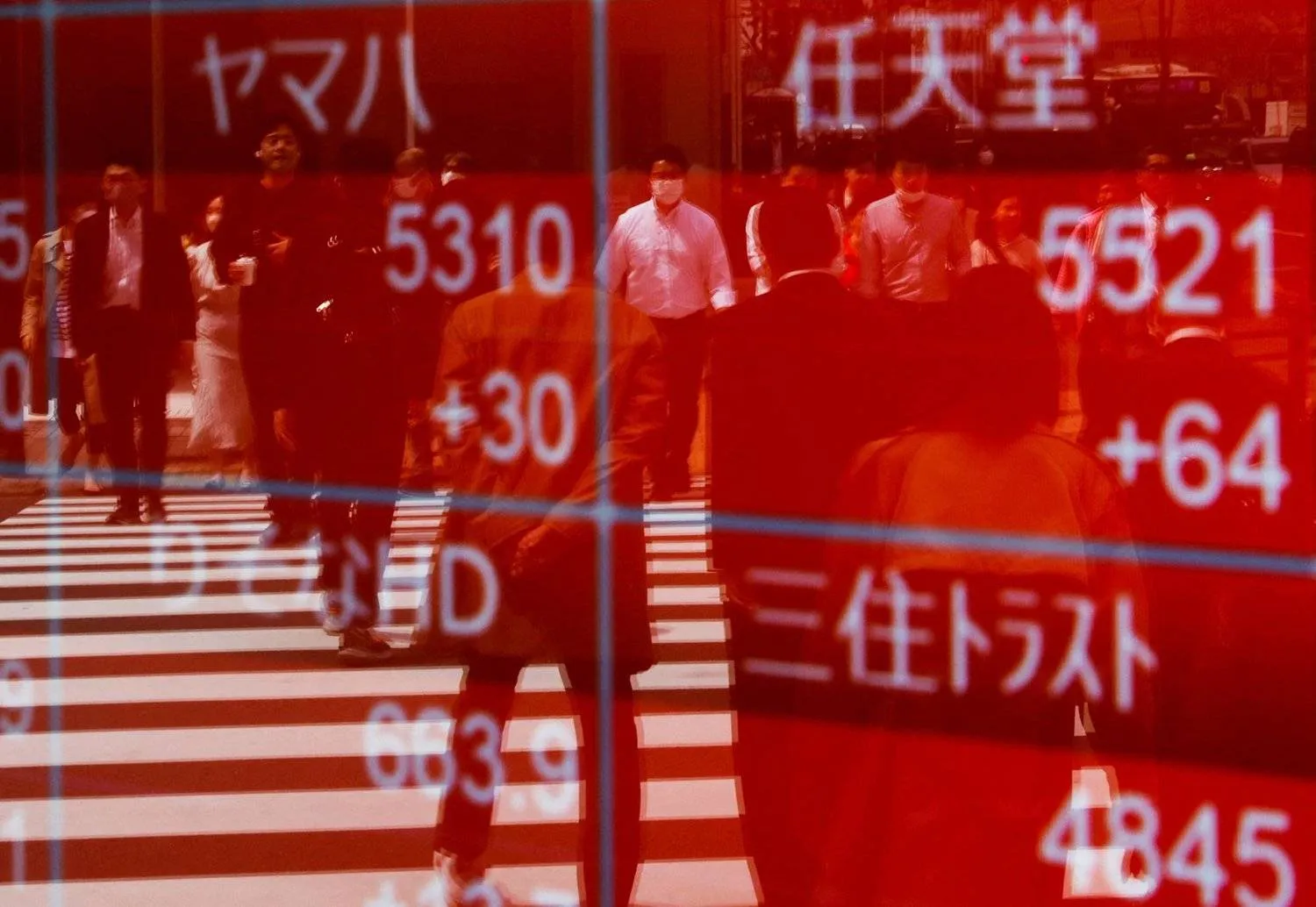Japan's government warned on Monday that the conflict in the Middle East could impact the economy through energy costs, while keeping its view that the economy was recovering moderately.
The concerns underscore policymakers' worries as the rising energy prices have already been a burden for the world's third-largest economy that relies on imports to cover most of its energy needs.
The government added the developments in the Middle East to factors requiring close attention as it "could pose a downside risk to the Japanese economy," said an official at the Cabinet Office, which compiled the monthly report for October.
"There could be a negative impact on Japanese households, consumption, and corporate earnings through higher import cost," he said.
The Japanese government's monthly report also reiterated that careful attention needed to be paid to the effects of rising prices and fluctuations in the financial and capital markets.
The Japanese currency recently weakened beyond 150 yen to the dollar to hit its weakest level since October 2022 when authorities intervened in the market to stem the weakness. The 150 yen line is seen by markets as a danger zone that could trigger an intervention.
As wage recovery is not strong enough to offset price increases, Prime Minister Fumio Kishida's government plans to compile a package of measures to cushion the economic blow from rising inflation on Nov. 2.
Japan raised its assessment on business sentiment for the first time since July and said it was "improving moderately as a whole", according to the report.
The upward revision reflected the Bank of Japan's survey earlier this month that business sentiment improved in the third quarter.
The government also kept its caution about downside risks from the global monetary tightening and worries about the outlook for China's economy.
The report came out ahead of the BOJ's monetary policy meeting on Oct. 30-31 when the central bank will face growing pressure to shift further away from its controversial bond yield control.
Meanwhile, Japanese ruling party executive Koichi Hagiuda said on Sunday that the ruling coalition in Japan hasn’t decided yet whether the tax reduction determined during the term of PM Fumio Kishida would last for more than a year.
Moreover, the Japanese government is currently working to allocate ¥140 billion ($935 million) in the fiscal 2023 supplementary budget to support the companies willing to expand their scope of work in emerging markets.









